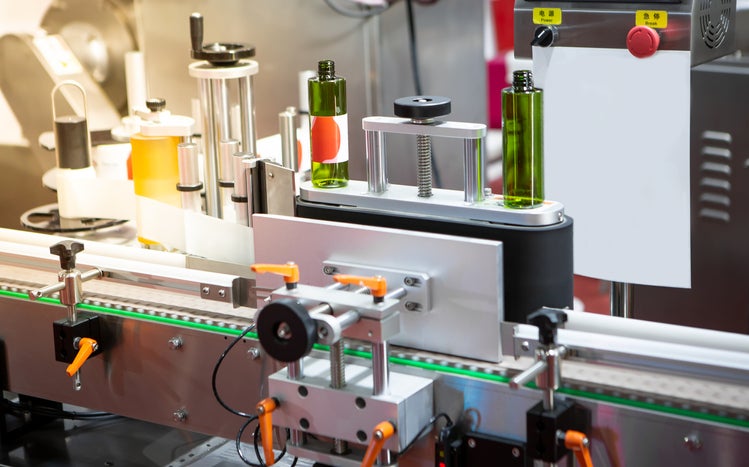
Inter Ikea has acquired a 12.5% stake in New Zealand-based deep tech company Nilo, as the companies have entered into a development and access agreement.
Nilo’s team of chemists have created technology to repurpose plastic waste, resulting in a non-toxic adhesive to replace urea formaldehyde, which is one of the world’s most prevalent adhesives.
The company states that while urea formaldehyde is a highly effective and durable material with a long history in the wood-based board industry, it has a high carbon footprint, and there is currently no scalable alternative underlying the significance of the issue.
Additionally, the end-of-life products created with Nilo adhesives will also be able to be reprocessed into new products as part of the circular economy.
IKEA Innovation Ventures innovation partnership leader Andrew McIntosh has also joined Nilo’s board of directors.
McIntosh comments: “Our investment in Nilo shows our commitment to working with innovative startups. The performance and physical qualities show promise and we want to support Nilo and help develop the adhesive with a mutual ambition to get it into scaled trials.”

US Tariffs are shifting - will you react or anticipate?
Don’t let policy changes catch you off guard. Stay proactive with real-time data and expert analysis.
By GlobalDataNilo CEO Glen Willoughby adds: “To have our technology recognised by one of the world’s leading firms with deep expertise in the wood-based board market provides huge validation of what Nilo has created. The knowledge and expertise Inter IKEA will bring will help progress our technology immensely.”
IKEA has committed to eliminating the use of plastic from all of its consumer packaging solutions by 2028, which will start with the removal of plastic from new products by 2025.



